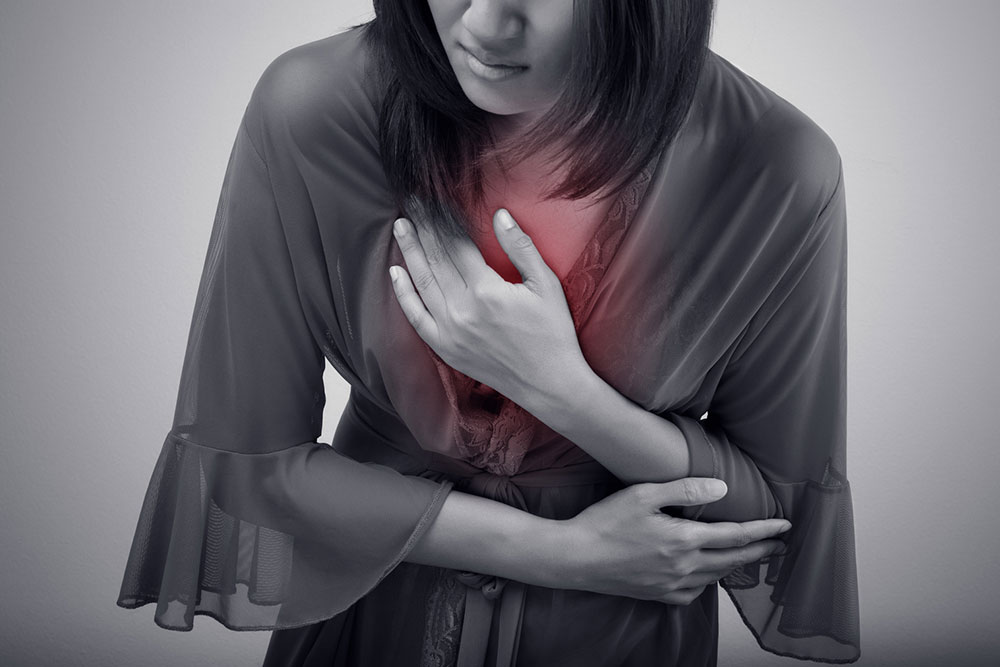Understanding Heartburn: Causes, Symptoms, and Relief Strategies
This article covers comprehensive information about heartburn, including its causes, symptoms, and effective relief methods. It offers guidance on lifestyle changes and medications to manage this common issue, emphasizing both immediate and long-term strategies. Learn how to identify symptoms early and adopt practices to reduce episodes and prevent complications, ensuring better digestive health and comfort.
Sponsored

Discover essential information about heartburn, a common discomfort often experienced after large meals. Learn what triggers it, how to recognize its symptoms, and effective ways to relieve or prevent it.
What Causes Heartburn
Heartburn is a sign of gastroesophageal reflux disease, where stomach acid escapes into the esophagus. Factors such as alcohol, caffeine, fizzy drinks, and spicy or acidic foods can contribute. Smoking combined with fatty foods is also a common cause. During pregnancy, increased abdominal pressure can induce heartburn. Esophageal conditions may also be responsible.
Symptoms to Monitor
The refluxed acid causes a burning feeling behind the chest, known as heartburn. This sensation may be sudden or persistent, lasting from minutes to hours, usually centered in the lower chest area. Heartburn worsens after meals and when lying down, especially in overweight individuals. It may cause a sour taste in the throat, coughing, hoarseness, and difficulty swallowing. Tooth enamel erosion and esophageal inflammation leading to ulcers are long-term concerns. Heartburn can mimic other conditions like heart attacks or chest pains.
Ways to Alleviate Heartburn
Long-term Measures
Adopting lifestyle adjustments is crucial. Eating smaller, more frequent meals and chewing slowly supports digestion. Avoid eating just before bedtime to prevent symptoms. Limit or eliminate alcohol and smoking, which exacerbate reflux. These changes promote overall health and reduce heartburn episodes.
Immediate Relief Options
Over-the-counter medications provide fast relief. Antacids neutralize stomach acid quickly, especially when taken after meals. H2 blockers decrease acid production within 30 minutes, reducing reflux. Proton Pump Inhibitors (PPIs) lower acid levels more significantly, but take around four days to become effective. Consult a healthcare provider for persistent symptoms.






